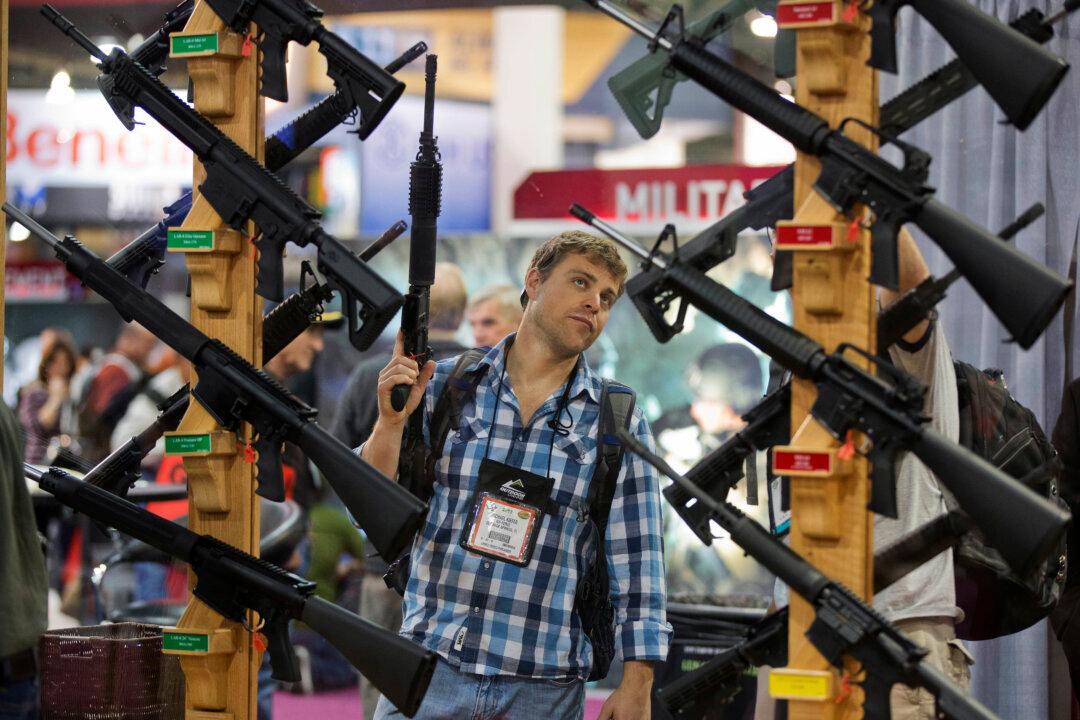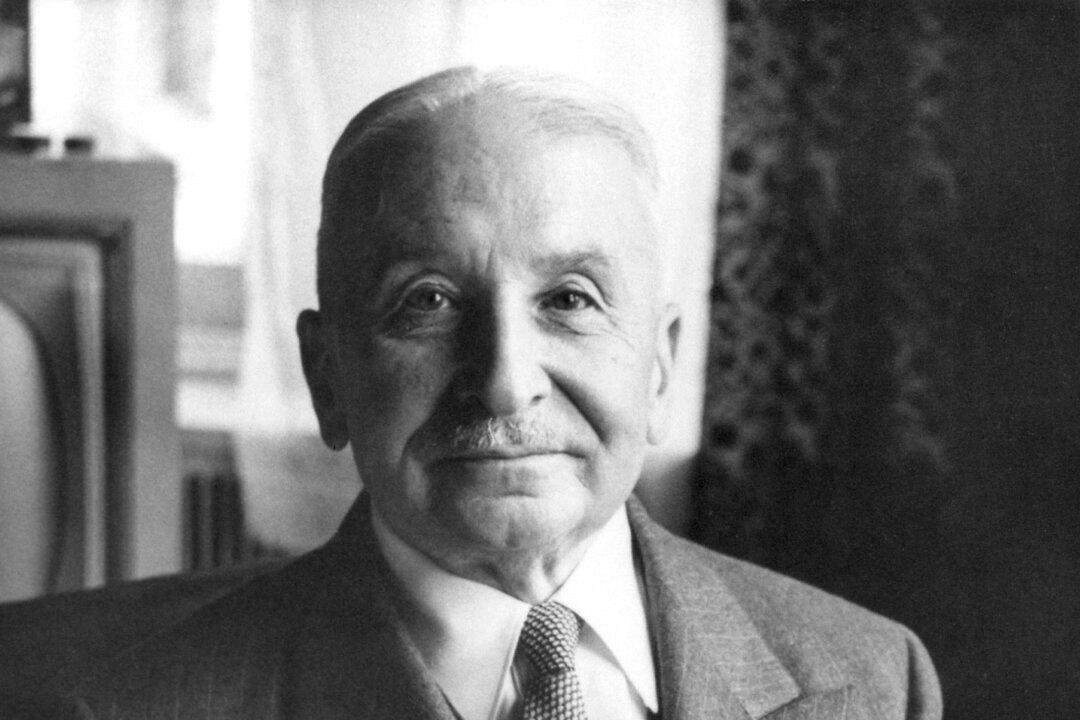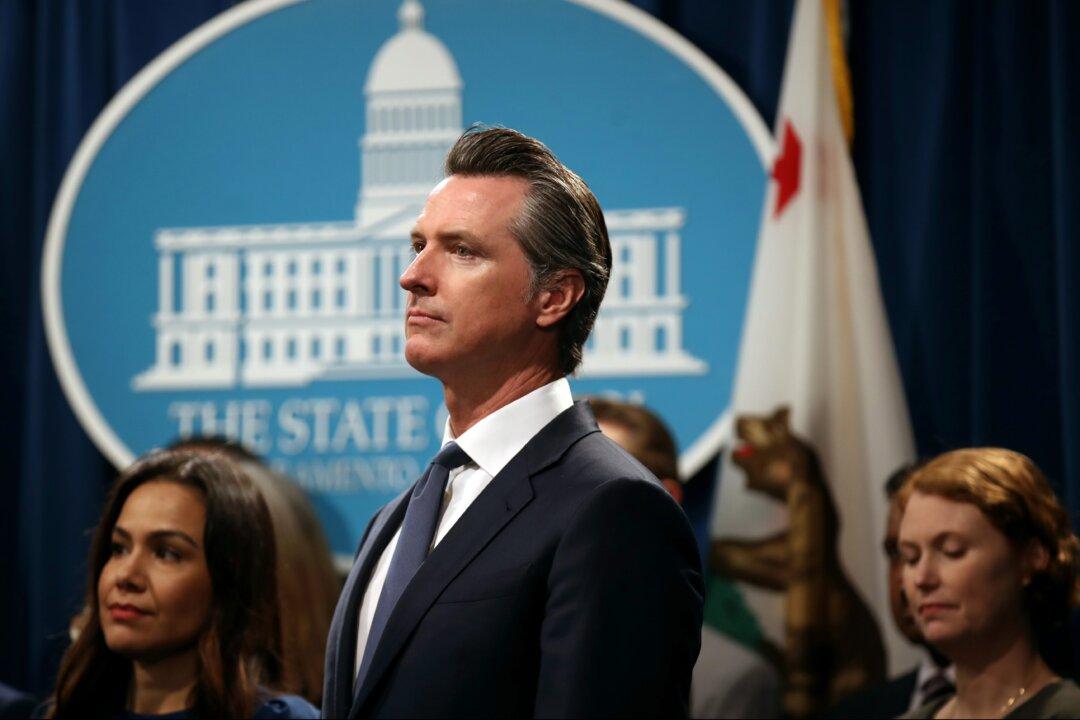California’s gun laws are notoriously restrictive, making the state the third-strictest on firearms, losing only to Hawaii and Massachusetts, according to FiveThirtyEight.
After a shooter attacked attendees at the Gilroy Garlic Festival on July 28, it was reported that the 19-year-old murderer, Santino William Legan, had purchased his firearm legally in Nevada prior to the attack. This prompted news outlets to criticize states bordering California with loose gun control laws. The Trace reported they had become “hotspots for gun traffickers and criminals eager to bring weapons into California.”




